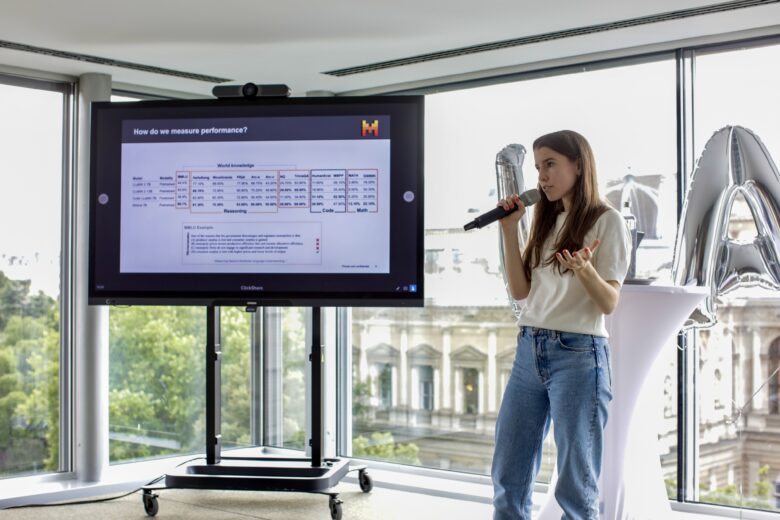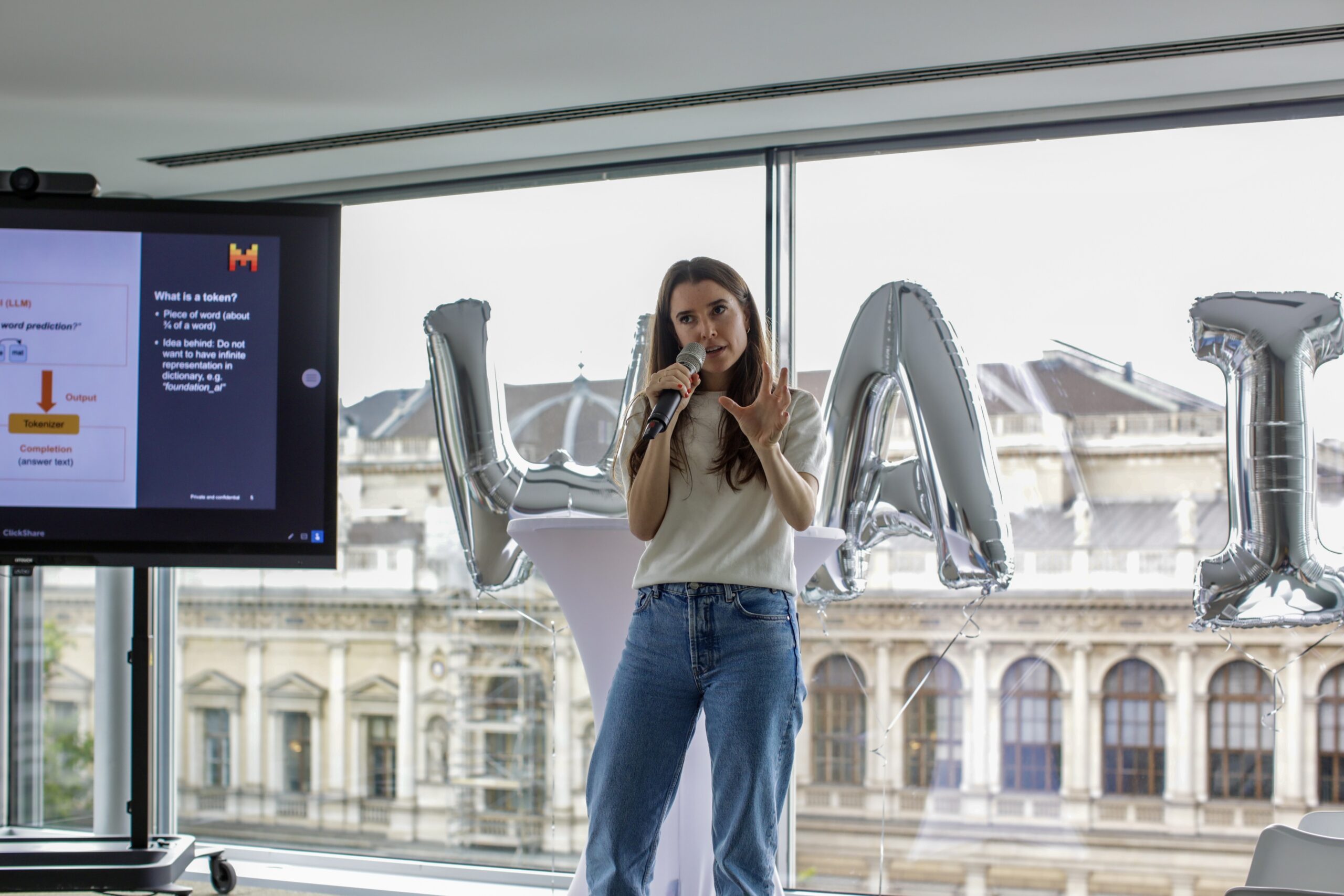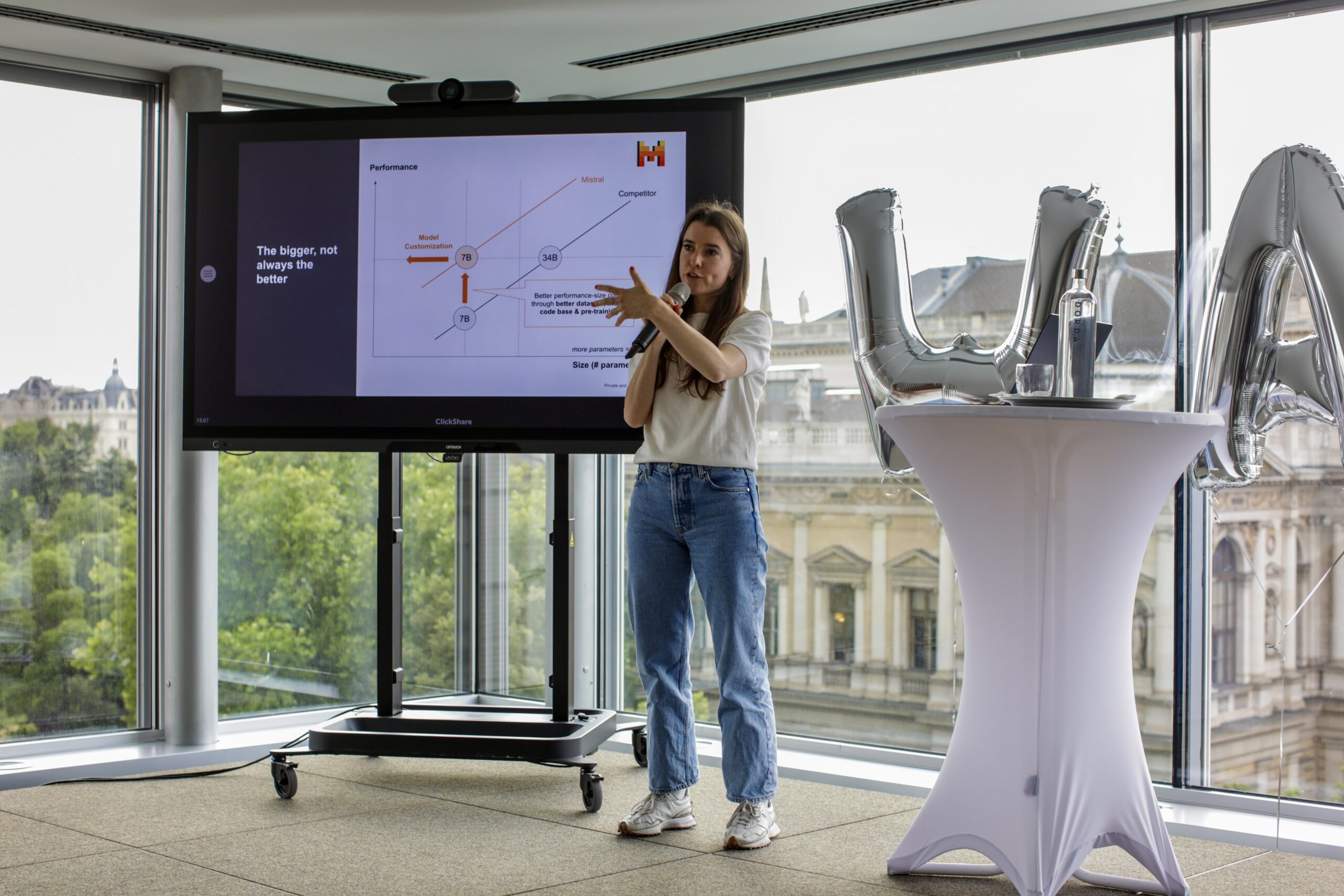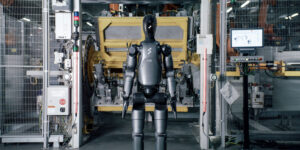Mistral AI is Worth €105m per Employee – Even More Than Nvidia

These sums are astonishing: This week, Mistral AI received a valuation of 5.8 billion euros in a new financing round of 600 million euros from new and old investors – a valuation for a one-year-old company that is higher than that of many banks or car manufacturers on the stock exchange.
What is particularly exciting is that Mistral AI has managed within a year not only to bring 7 different AI models (3 of them open source) to the market and to establish partnerships with AWS, Google, Microsoft, and IBM, but to do all this with incredibly high efficiency. Mistral AI, headquartered in Paris, currently employs only 55 people.
This results in a valuation of 105 million euros per employee. This is even more than the 105 million dollars per employee (about 97 million euros) that the chip giant Nvidia currently achieves (valuation: 3.2 trillion dollars with 29,600 employees). Mistral AI and Nvidia are thus far ahead of Apple, Meta, Microsoft, or Alphabet, which achieve (also very impressive) 12 to 18 million dollars per employee.
The most valuable European AI startup
One of these 55 employees is Viennese Gianna Maria Lengyel, who, after her time at fintech Billie in Berlin, is now working in Paris for Business Development at Mistral AI. During her stay in Vienna, she provided insights at the AI Summit on Wednesday (organized by Women in AI and Dorda Digital Industries Group) into the currently most valuable European AI startup, which is repeatedly mentioned in the same breath as OpenAI, Anthropic, Google, or Meta with its LLMs.
Mistral AI aims to distinguish itself from the mentioned US companies with a partially open-source approach and high efficiency. “There isn’t a LLM that fits all use cases equally well,” she said in her keynote. “The larger the number of parameters, the more intelligent. But larger models also take longer to complete tasks. If you need very fast response times, you should use smaller models.”
Therefore, Mistral AI offers 7 different LLMs – from small models with 7 billion parameters under open-source licenses to Mistral Large, the current strongest model, proprietary via API. “Commercial models can also be very open, at Mistral AI, we allow deep insights into the models. At OpenAI, on the other hand, it is a black box,” says Lengyel in reference to the main rival against which the entire industry measures itself.

AI models: “Bigger does not necessarily mean better”
But just because GPT-4o from OpenAI has trillions of parameters does not mean it is significantly better. “Bigger does not necessarily mean better. For example, we have created more efficient models that achieve higher performance with fewer parameters than larger models,” she says. Currently, Mistral’s AI models are in high demand in the financial industry on one hand and in the tech industry on the other – even Newsrooms.AI or the Viennese HealthTech XUND use Mistral models. “More parameters require more infrastructure and cause higher costs.”
Like other LLM providers, Mistral AI also struggles with the notorious hallucinations of AIs – when they distort facts, invent things, or simply lie to satisfy the user. “It is difficult to completely restrict hallucinations. A model does not tell the truth, but the highest probability,” she says. “The more you ask, the more the model believes it is right.”
However, one can differentiate from other providers through the very European data protection. “Our APIs do not track user inputs or outputs for training,” says Lengyel. Additionally, they offer so-called “guardrails” – these technical aids allow the model to be told what it is allowed to say. For example, one can restrict it from commenting on competitors.
Open Source for idealistic reasons
Open Source for ideological reasons Why does Mistral AI release LLMs for free and open-source alongside the paid, proprietary AI models? This might not make commercial sense but has more of an ideological background. The three founders of Mistral AI are CEO Arthur Mensch, former Research Scientist at Google DeepMind, Guillaume Lample, former Research Scientist at Meta and head of Llama, and CTO Timothée Lacroix, former Software Engineer at Meta. Due to their scientific background, they are used to making research results accessible to everyone – so they also do this with some LLMs.
Indirectly, says Lengyel, this strengthens awareness around the Mistral AI brand. “This has strengthened trust in the Mistral AI brand and helps us sell our large proprietary models,” she says. What she was less willing to discuss at the Vienna AI Summit is where the data for training the AI models comes from. At least she says that it involves both freely available data and purchased data under license.





























